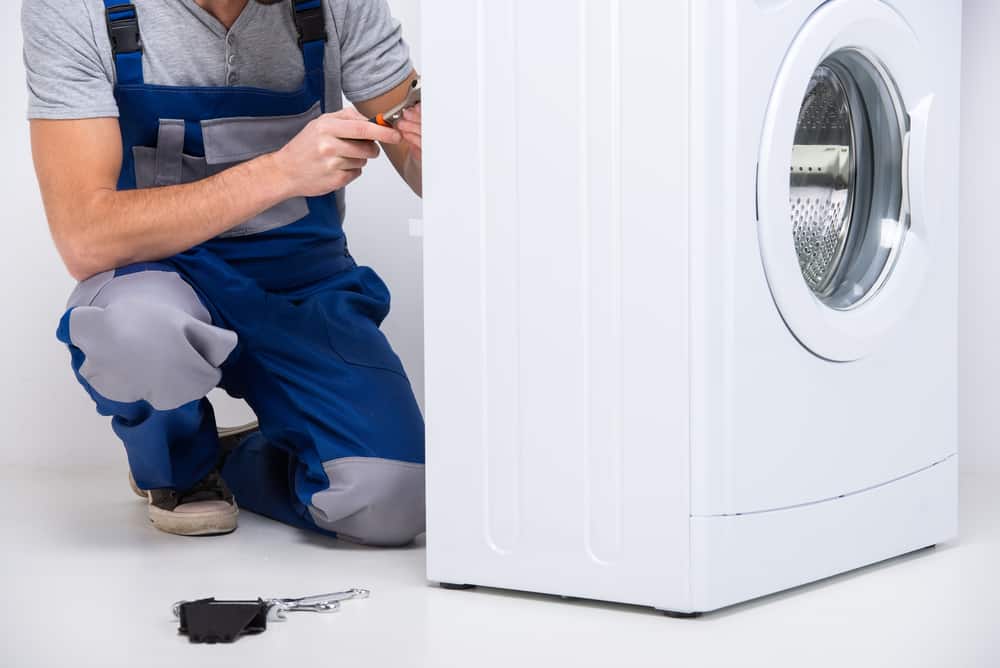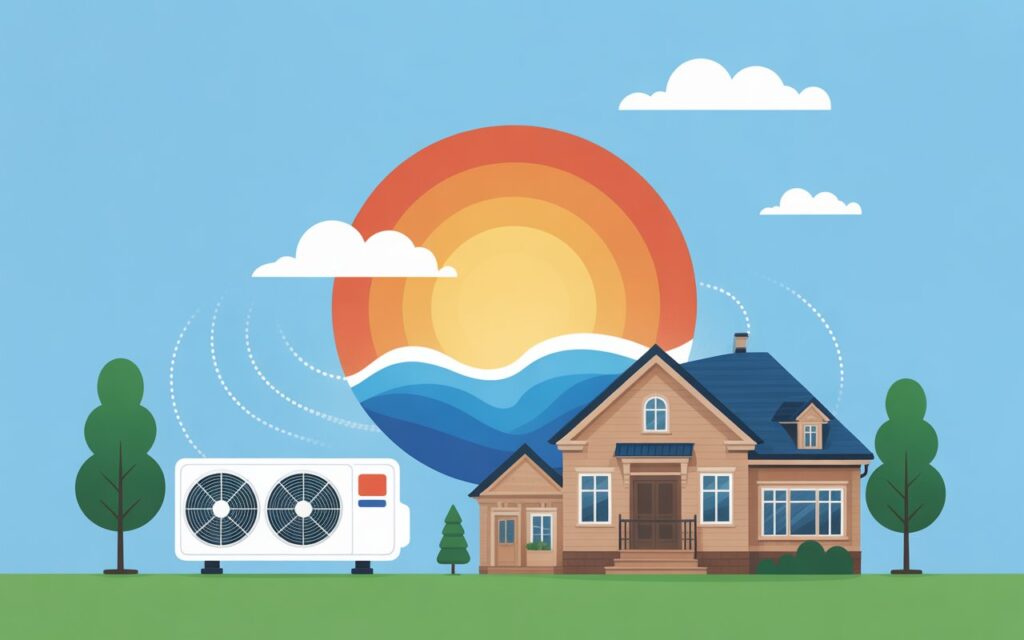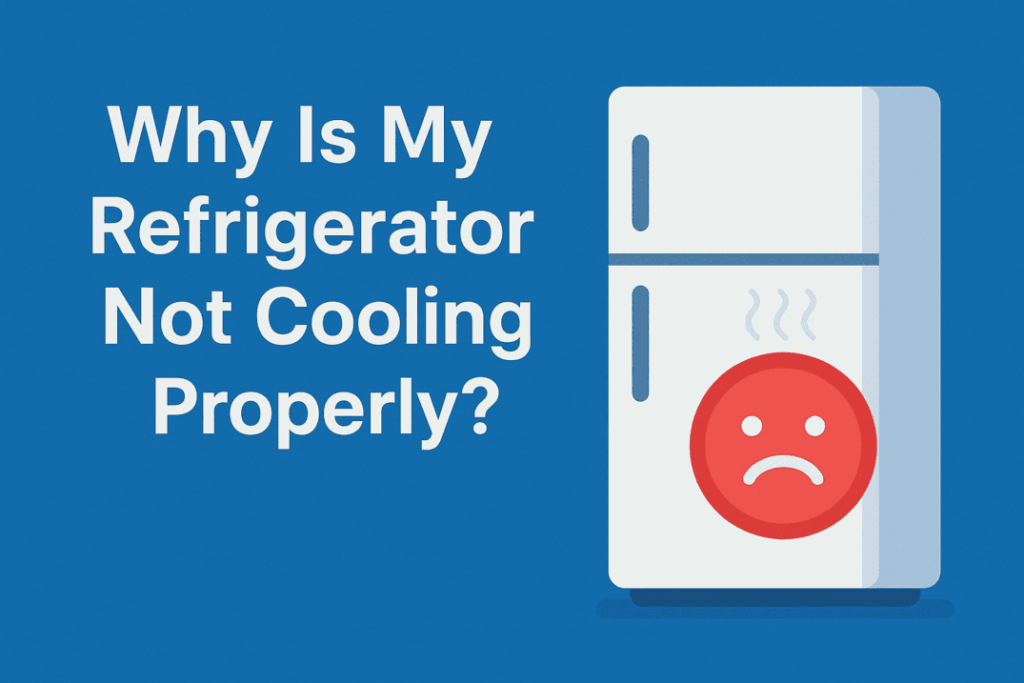Regular servicing is a crucial aspect of maintaining household appliances. When appliances receive consistent care, they perform more efficiently and last longer. The practice of regular servicing helps identify and address potential issues before they become major problems. This proactive approach minimizes unexpected breakdowns and can significantly extend the lifespan of appliances. The benefits of routine maintenance go beyond just avoiding repairs; they also contribute to energy savings and improved performance.
For example, the practice of scheduling regular servicing with Appliance Maintenance Services ensures that appliances are checked for any signs of wear and tear. Technicians can clean, lubricate, and adjust components, which prevents the accumulation of dirt and debris that can lead to inefficient operation or damage. Regular servicing also helps in catching issues early, which can prevent more costly repairs or replacements in the future.
How Regular Maintenance Impacts Appliance Lifespan
Regular maintenance has a direct impact on the lifespan of household appliances. Each type of appliance has specific needs, but the underlying principle remains the same: routine care helps prevent malfunctions and ensures optimal functioning. For instance, appliances like refrigerators, washing machines, and ovens all benefit from periodic checks and servicing.
Refrigerators:
Refrigerators are subject to heavy use and, as such, require regular attention. Cleaning the coils, checking the seals, and ensuring proper ventilation can prevent excessive strain on the compressor and other vital components. When these parts are well-maintained, the refrigerator operates efficiently, leading to longer service life and reduced energy consumption.
Washing Machines:
Washing machines also experience significant wear and tear. Regularly cleaning the drum, checking hoses for leaks, and ensuring the machine is level helps in maintaining its performance. Overloading the washing machine or neglecting small issues can lead to more severe problems, such as motor failure or water damage, which can shorten its lifespan.
Ovens and Ranges:
Ovens and ranges benefit from routine inspections and cleaning. Removing food debris and grease from the oven interior helps prevent overheating and fire hazards. Additionally, checking the burner or heating element connections ensures even cooking and proper temperature control. Regular maintenance helps these appliances operate efficiently and extends their longevity.
The Benefits of Proactive Servicing
Proactive servicing offers several benefits beyond just extending the life of your appliances. One major advantage is the improvement in energy efficiency. Appliances that are well-maintained tend to run more efficiently, which translates to lower energy bills. For instance, a clean air filter in an HVAC system ensures better airflow and reduces the workload on the unit, leading to energy savings.
Moreover, regular servicing helps maintain the appliance’s performance at its peak. When appliances operate smoothly, they deliver consistent results, whether it’s in cooling, washing, or cooking. This consistency enhances the overall user experience and ensures that the appliances meet your daily needs without interruption.
Preventive maintenance also contributes to safety. Appliances that are frequently serviced are less likely to develop serious issues that could pose risks such as electrical fires or gas leaks. By addressing minor issues before they escalate, regular servicing helps in maintaining a safe home environment.
Essential Practices for Maintaining Home Safety
Maintaining a safe home environment is crucial for the well-being of all occupants. Regular checks and preventative measures help ensure that your living space remains secure and hazard-free. By staying proactive in home safety, you can avoid accidents and health issues that might arise from neglected maintenance tasks. This involves inspecting various systems and components regularly to catch potential issues early. Home safety is a multifaceted area that includes everything from securing entry points to checking for potential hazards.
- Regularly inspect smoke detectors and replace batteries every six months to ensure they are functional.
- Check carbon monoxide detectors to ensure they are working correctly. Replace them every five to seven years to maintain effective protection against harmful gases.
- Ensure that all entry points, including doors and windows, are properly secured with functional locks. This helps prevent unauthorized access and improves overall home security.
Strategies for Efficient Energy Consumption
Efficient energy consumption is essential for reducing utility bills and minimizing environmental impact. Implementing various strategies can help you achieve better energy efficiency in your home. This includes optimizing heating and cooling systems, using energy-efficient appliances, and adopting conservation habits. By making a few adjustments to your energy use, you can significantly lower your energy costs and contribute to a more sustainable environment.
- Adjust your thermostat settings to minimize energy use. For instance, set your thermostat a few degrees lower in winter and higher in summer to reduce heating and cooling costs.
- Upgrade to energy-efficient appliances that consume less electricity and water. These appliances often have better performance and can lead to significant long-term savings.
- Implement conservation habits, such as turning off lights when not in use and unplugging electronics that are not in use, to reduce unnecessary energy consumption and lower utility bills.
Tips for Enhancing Indoor Air Quality
Indoor air quality greatly affects the health and comfort of a home’s occupants. Poor air quality can lead to various health issues, including respiratory problems and allergies. To ensure that the air inside your home is clean and healthy, consider implementing effective strategies for improving air quality. Regular maintenance of HVAC systems, proper ventilation, and the use of air purifiers can contribute to a healthier indoor environment.
- Regularly clean and replace HVAC filters to prevent dust and allergens from circulating in the air. This helps maintain better air quality and improves system efficiency.
- Ensure adequate ventilation by using exhaust fans in areas like kitchens and bathrooms. Proper ventilation helps remove moisture and pollutants from the air, reducing the risk of mold and mildew.
- Consider using air purifiers to filter out airborne pollutants and allergens. Choose models with HEPA filters for effective removal of particles that can impact indoor air quality.
Conclusion:
In conclusion, the value of routine appliance maintenance cannot be overstated. Engaging in regular servicing through Appliance Maintenance Services helps ensure that your appliances remain in good working condition for a longer period. The practice of proactive maintenance provides numerous benefits, including extended appliance lifespan, improved energy efficiency, and enhanced safety.
By committing to regular checks and servicing, homeowners can avoid unexpected breakdowns and costly repairs. This approach not only preserves the functionality of appliances but also contributes to overall household efficiency and safety. Routine maintenance is an investment in the longevity and performance of your household appliances, making it a worthwhile practice for any homeowner.









